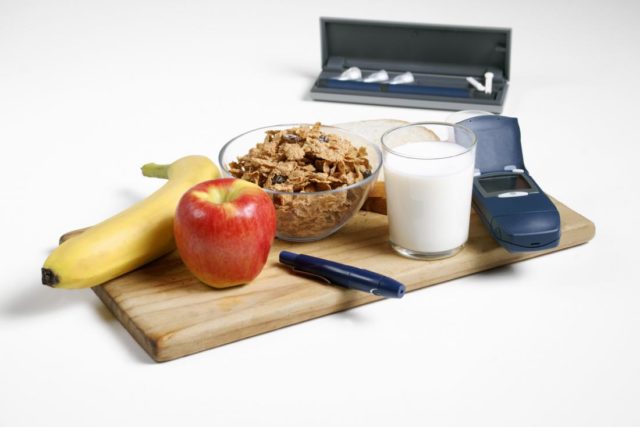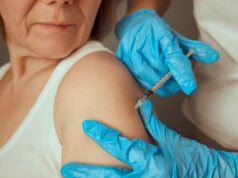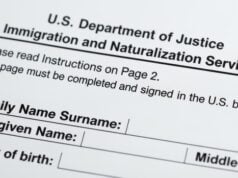
Recently, the idea that type 2 diabetes might be reversible has been gaining traction in the research community. But until now, the mechanisms driving this remission have not been known. A new study sheds light.
Earlier this year, Medical News Today reported on a paper published in the BMJ that urged doctors and patients alike to acknowledge the possibility that type 2 diabetes is reversible through weight loss.
Another study we reported on showed that caloric restriction helped 40 percent of the participants in the study to achieve remission. And now, researchers unravel the mechanism by which caloric restriction leads to the reversal of this chronic condition in rats.
The team was led by senior investigator Dr. Gerald I. Shulman, the George R. Cowgill Professor of Medicine and Cellular and Molecular Physiology at Yale University in New Haven, CT, and the first author of the paper is Dr. Rachel J. Perry, from the Department of Internal Medicine at Yale’s School of Medicine.
Dr. Perry and her colleagues investigated how 3 days on a very low-calorie diet (VLCD) reversed type 2 diabetes markers in the rodents, and the findings were published in the journal Cell Metabolism.
Disclaimer
Artificial Intelligence Disclosure & Legal Disclaimer
AI Content Policy.
To provide our readers with timely and comprehensive coverage, South Florida Reporter uses artificial intelligence (AI) to assist in producing certain articles and visual content.
Articles: AI may be used to assist in research, structural drafting, or data analysis. All AI-assisted text is reviewed and edited by our team to ensure accuracy and adherence to our editorial standards.
Images: Any imagery generated or significantly altered by AI is clearly marked with a disclaimer or watermark to distinguish it from traditional photography or editorial illustrations.
General Disclaimer
The information contained in South Florida Reporter is for general information purposes only.
South Florida Reporter assumes no responsibility for errors or omissions in the contents of the Service. In no event shall South Florida Reporter be liable for any special, direct, indirect, consequential, or incidental damages or any damages whatsoever, whether in an action of contract, negligence or other tort, arising out of or in connection with the use of the Service or the contents of the Service.
The Company reserves the right to make additions, deletions, or modifications to the contents of the Service at any time without prior notice. The Company does not warrant that the Service is free of viruses or other harmful components.












